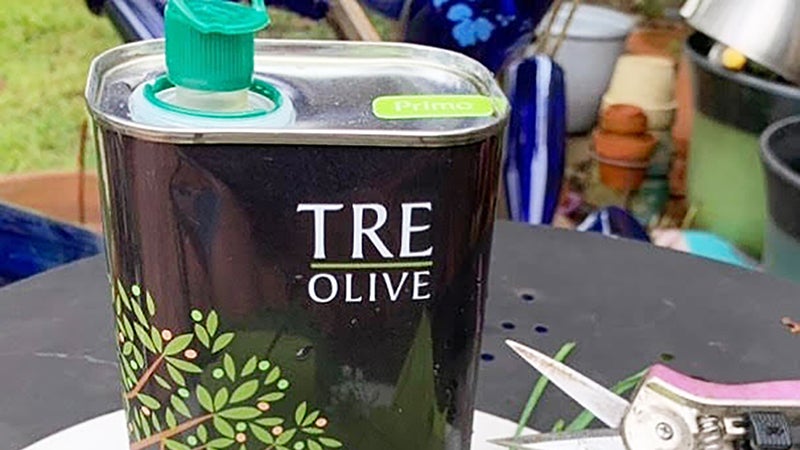HEALTHY LIVING — How long is too long in the fridge?
Published 12:13 am Friday, May 1, 2020
|
Getting your Trinity Audio player ready...
|
Let’s go look in your refrigerator. Is it packed so full that to put one more thing in you have to rearrange at least two shelves? When is the last time you cleaned it out? Has it been more than three months, or more than six months? I knew a woman that would either cook or buy food and then eat from it until it was gone, and sometimes that might take a week or more. Yes, even potato salad. UGH!
Healthy living includes putting fresh, high quality fuel into your body. Let’s take a peek inside your fridge and see what’s in there. Food poisoning and foodborne pathogens like listeria, salmonella and E. coli are real risks, but knowing how long to keep and when to throw away food can be tricky. Make sure you aren’t throwing good food away, but make very sure you aren’t putting yourself at risk by keeping something around too long.
For starters, it’s important to understand what the dates on the food labels really mean.
EXPIRATION: These are safety dates that are usually found on fresh foods like deli meats, or even dry goods like infant formula. If you use food past that date, there is a risk for foodborne illness.
BEST IF USED BY: These dates indicate when a food’s quality or freshness may start to deteriorate. The product may not taste as good as it did earlier but it’s not necessarily going to be unsafe.
SELL BY: Manufacturers put these dates on products so stores know how long to display a food. Never buy food if the “sell by” date has expired, but if you have it at home past the date, it’s probably OK. What really matters is if the food was properly stored and at the right temperature in the store and at home.
For fruits and vegetables, always look for mold, bruises or damage. You can usually keep uncut produce for a few weeks, but once it’s been cut, refrigerate it and eat it within three to four days.
For milk, cheese, eggs and yogurt, discard these after the date on the package and don’t store them on the door where it’s warmer. Milk should be OK to drink 7 to 10 days after the sell-by date as long as you keep it cold. Soft cheeses are OK to eat up to a week, while hard cheeses can stay good for three or four weeks. You can also freeze cheese for up to six months. Uncooked eggs can be refrigerated for three to five weeks.
For meat and chicken, raw, ground meat and fresh poultry can stay in the refrigerator for one to two days, while other cuts can stay three to five days. Ground meat can stay frozen for one to two months, while chicken, steak, or roasts can be frozen six months or more. You can defrost meat up to a day in the refrigerator.
Fish and seafood should be cooked within one or two days and can be frozen for three to six months. Fatty fish like salmon have a shorter freezer life than lean fish like cod.
Discard leftovers within three to four days or freeze them up to three months. Keep them for only three to four days in the fridge. No exceptions.
A “funny” smell isn’t always a true indicator. Bacterially compromised food doesn’t always look or smell “bad.”
I know what you are going to say: “But using leftovers past a week has never made me sick!” Really? That is quite a gamble, and is it really smart to gamble with your health?
Now, go clean out that fridge!
Jody Holton writes about health and wellness for The Port Arthur News. She can be reached at jholton3@gt.rr.com






